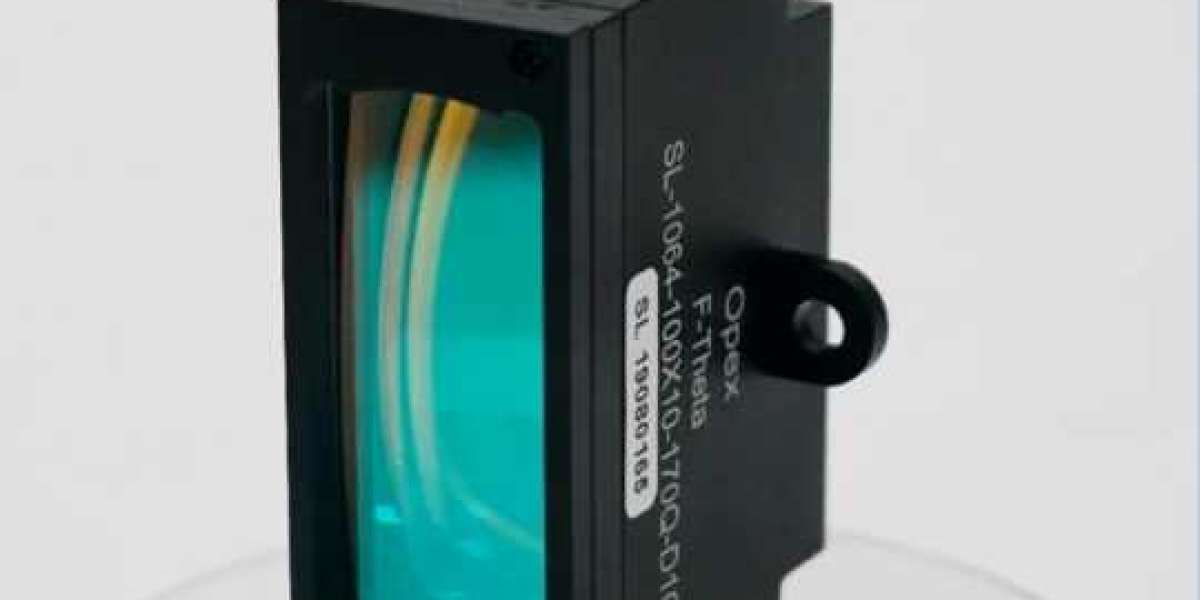Laser lenses are the unsung heroes of laser technology, playing a vital role in shaping and controlling laser beams for a wide range of applications. In this guide, we'll take a closer look at laser lenses, uncovering their importance, functionality, and the key role they play in unlocking the full potential of laser systems.
Understanding Laser Lenses: The Key to Precision Beam Control
Laser lenses are optical components designed to manipulate the path of laser beams, focusing or collimating them to achieve specific beam characteristics. These lenses are typically made from high-quality optical materials such as glass or specialized polymers and are engineered to precise specifications to ensure optimal performance in laser systems.
The Functionality of Laser Lenses
At their core, laser lenses operate based on the principles of geometric optics, including refraction, reflection, and dispersion. When a laser beam passes through a lens, it undergoes refraction, bending towards or away from the lens's optical axis depending on its curvature. By carefully selecting the curvature and material properties of the lens, engineers can control the beam's divergence, focal length, and spot size with remarkable precision.
Types of Laser Lenses
Plano-Convex Lenses: These lenses have one flat surface and one convex surface, commonly used for focusing laser beams to a point. They are ideal for applications such as laser cutting, welding, and engraving, where precise focusing is essential.
Plano-Concave Lenses: Plano-concave lenses feature one flat surface and one concave surface, diverging laser beams to achieve collimation or expansion. They are often used in beam expanders, telescopes, and optical systems requiring uniform beam distribution.
Double-Convex and Double-Concave Lenses: These lenses have both surfaces curved, providing versatile focusing and collimating capabilities. They are commonly used in laser systems where adjustable focal lengths or beam shaping is required.
Applications of Laser Lenses
Material Processing: Laser lenses play a critical role in material processing applications such as laser cutting, welding, and marking, where precise beam control is essential for achieving accurate results on various materials, including metals, plastics, and ceramics.
Medical and Biomedical Applications: In medical and biomedical fields, laser lenses are used in diagnostic imaging, laser surgery, and therapeutic procedures, enabling precise targeting of tissues and enhanced imaging resolution.
Scientific Research: Laser lenses are indispensable tools in scientific research laboratories, supporting a wide range of applications in spectroscopy, microscopy, and laser-based experiments. Their ability to manipulate laser beams with precision contributes to advancements in physics, chemistry, and biology.
Choosing the Right Laser Lens
When selecting a laser lens for a specific application, several factors must be considered, including:
Wavelength Compatibility: Ensure that the lens material and coating are optimized for the wavelength of the laser system to minimize absorption and maximize transmission efficiency.
Focal Length and Spot Size: Select a lens with an appropriate focal length and spot size to achieve the desired beam characteristics for the application, balancing between focusing power and depth of field.
Optical Quality: Choose a high-quality lens with precise surface finish and minimal defects to minimize optical aberrations and ensure consistent beam quality.
Coating Options: Consider lens coatings such as anti-reflective coatings or protective coatings to enhance transmission, minimize reflections, and increase durability in challenging environments.
Conclusion: Harnessing the Power of Precision with Laser Lenses
In conclusion, laser lenses are indispensable components in laser systems, providing the critical functionality needed to shape, control, and focus laser beams for a wide range of applications. Whether in material processing, medical diagnostics, or scientific research, the precise manipulation of laser beams made possible by laser lenses enables innovation and progress in various fields. Choose the right lens for your application and unlock the full potential of laser technology in your next project.



